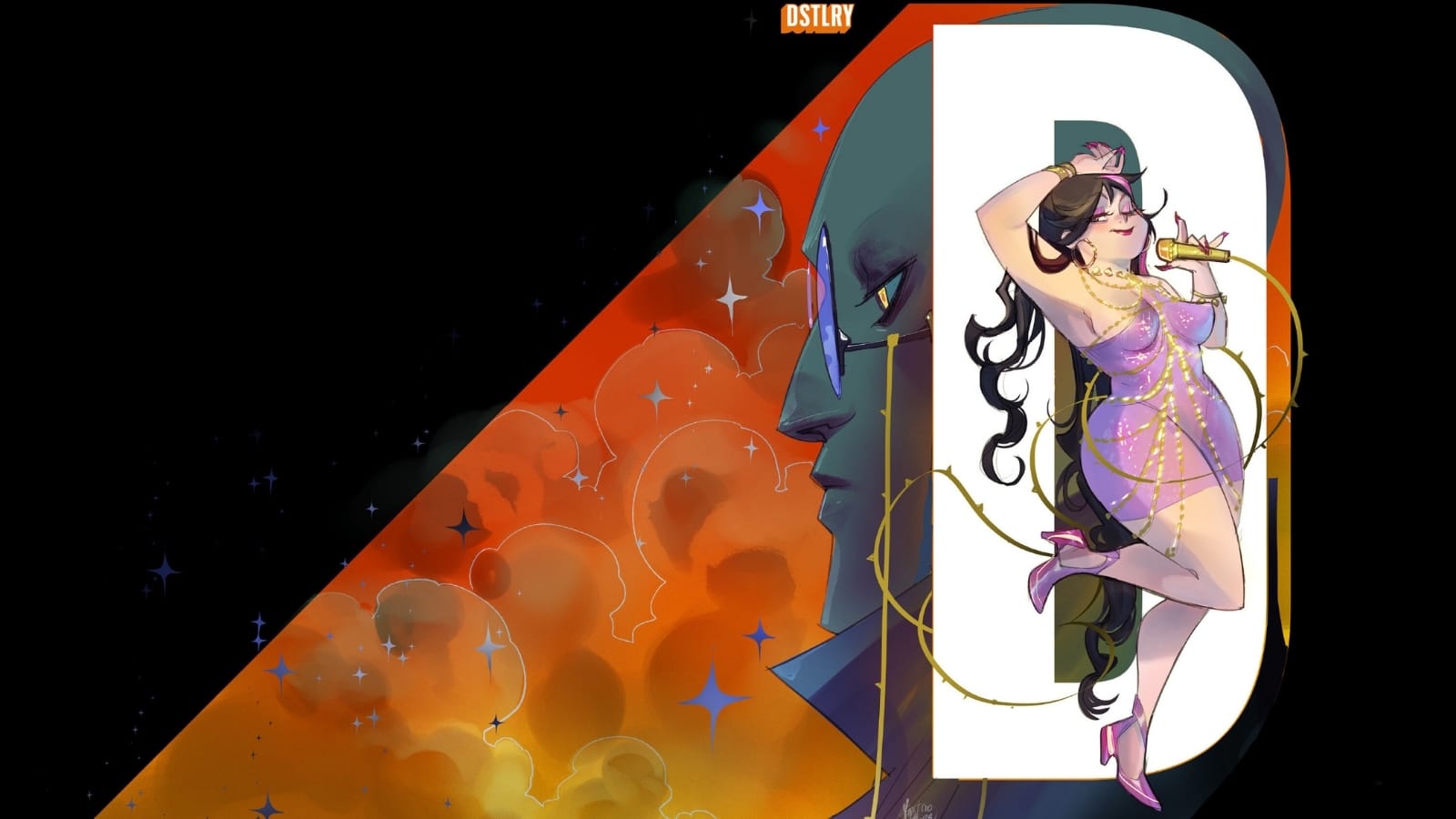By Alexander Añé
The Making a Living in Manga panel featured Adam Warren, Becky Cloonan, Fred Gallagher, Audra Furuichi, Christopher Butcher, JuYoun Lee, Erik Ko, and moderator Deb Aoki. This was a very diverse panel, hosting a good lineup of professionals and publishers including a journalist devoted to writing about the manga industry. From there they began to discuss their experiences in the industry, where it’s going and what they look for when training and hiring new talent.
The focus of the panel was to help shed some light on how to be successful in the manga industry, hence the name, as a professional and as a student. Aoki introduced the audience to a diagram following the conventional life cycle of a manga professional, from early inspiration to publishing. It was interesting to note that the cycle included bypassing mainstream publishers all together and publish independently or even bypassing the conventional portfolio review process that takes place at conventions.
Panelists also confirmed that region has a huge factor in determining the success of a manga artist. Some regions, such as Japan, even have schools devoted to learning how to draw manga. A few of the panelists, admitted that they went to more conventional art schools and drew manga in secret. Later this turned out to be a more helpful situation because they were given a good background to build a stronger career. Another important notion was that success in the manga industry was far from immediate and that it took several years of work in other trades related to being an artist or writer to be able to have manga work fund itself.
The piece of advice that was repeated among the panelists most often was that artists needed to have a deep understanding of the fundamentals; not just in manga but in any sort of art. It might have seemed harsh when Erik Ko mentioned that publishers, “aren’t there to babysit,” artists on their projects but it reflects an even harsher truth in that when artists fall behind from lack of skill set, the rest of the production line suffers for it. The key is to be able to develop versatility that can strengthen your prospects of being hired or noticed.








any video/audio of the panel?